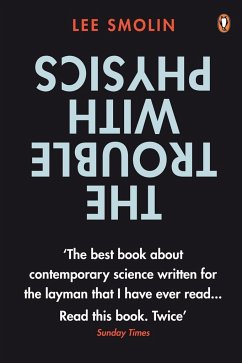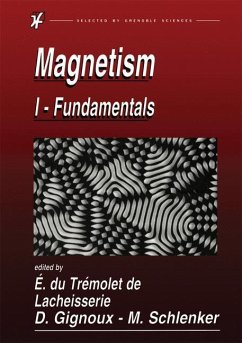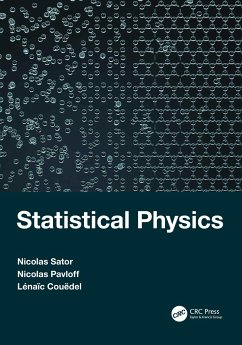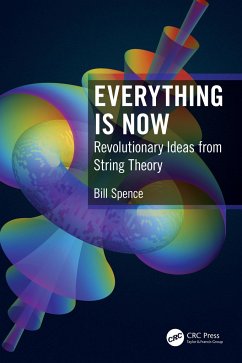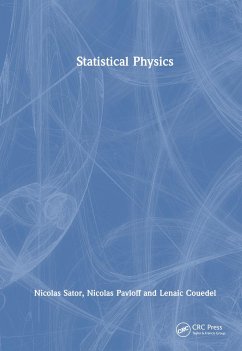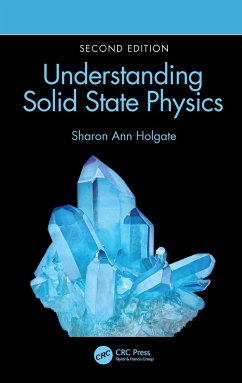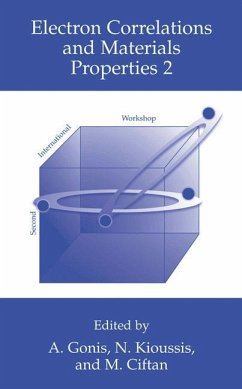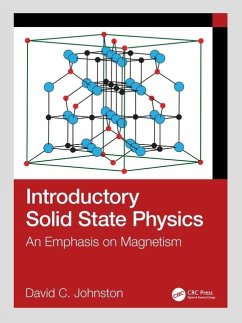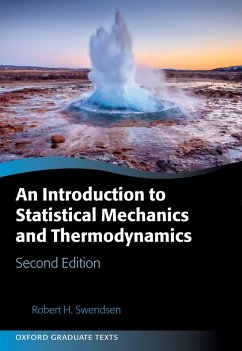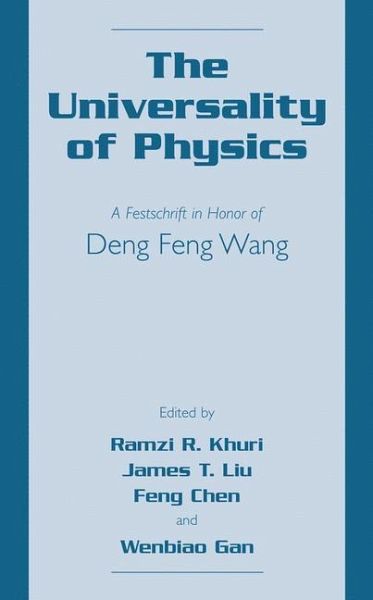
The Universality of Physics
A Festschrift in Honor of Deng Feng Wang
Herausgegeben von Khuri, Ramzi R.; Liu, James T.; Chen, Feng; Gan, Wenbiao
Versandkostenfrei!
Versandfertig in 1-2 Wochen
77,99 €
inkl. MwSt.

PAYBACK Punkte
39 °P sammeln!
Deng Feng Wang was born February 8, 1965 in Chongqing City, China and died August 15, 1999 while swimming with friends in the Atlantic Ocean off Island Beach State Park, New Jersey. In his brief life, he was to have an influence far beyond his years. On August 12th 2000, The Deng Feng Wang Memorial Conference was held at his alma mater, Princeton University, during which Deng Feng's mentors, collaborators and friends presented scientific talks in a testimonial to his tremendous influence on their work and careers. The first part of this volume contains proceedings contributions from the confer...
Deng Feng Wang was born February 8, 1965 in Chongqing City, China and died August 15, 1999 while swimming with friends in the Atlantic Ocean off Island Beach State Park, New Jersey. In his brief life, he was to have an influence far beyond his years. On August 12th 2000, The Deng Feng Wang Memorial Conference was held at his alma mater, Princeton University, during which Deng Feng's mentors, collaborators and friends presented scientific talks in a testimonial to his tremendous influence on their work and careers. The first part of this volume contains proceedings contributions from the conference, with plenary talks by Nobel Laureate Professor Phil Anderson of Princeton University and leading Condensed Matter Theorists Professor Piers Coleman of Rutgers University and Professor Christian Gruber of the University of Lausanne. Other talks, given by collaborators, friends and classmates testify to the great breadth of Deng Feng Wang's influence, with remarkable connections shown between seemingly unrelated areas in physics such as Condensed Matter Physics, Superconductivity, One-Dimensional Models, Statistical Physics, Mathematical Physics, Quantum Field Theory, High Energy Theory, Nuclear Magnetic Resonance, Supersymmetry, M-Theory and String Theory, in addition to such varied fields outside of physics such as Oil Drilling, Mixed Signal Circuits and Neurology. The second part of the volume consists of reprints of some of Deng Feng Wang's most important papers in the areas of Condensed Matter Physics, Statistical Physics, Magnetism, Mathematical Physics and Mathematical Finance. This volume represents a fascinating synthesis of a wide variety of topics, and ultimately points to the universality of physics and of science as a whole. As such, it r epresents a fitting tribute to a remarkable individual, whose tragic death will never erase his enduring influence.





